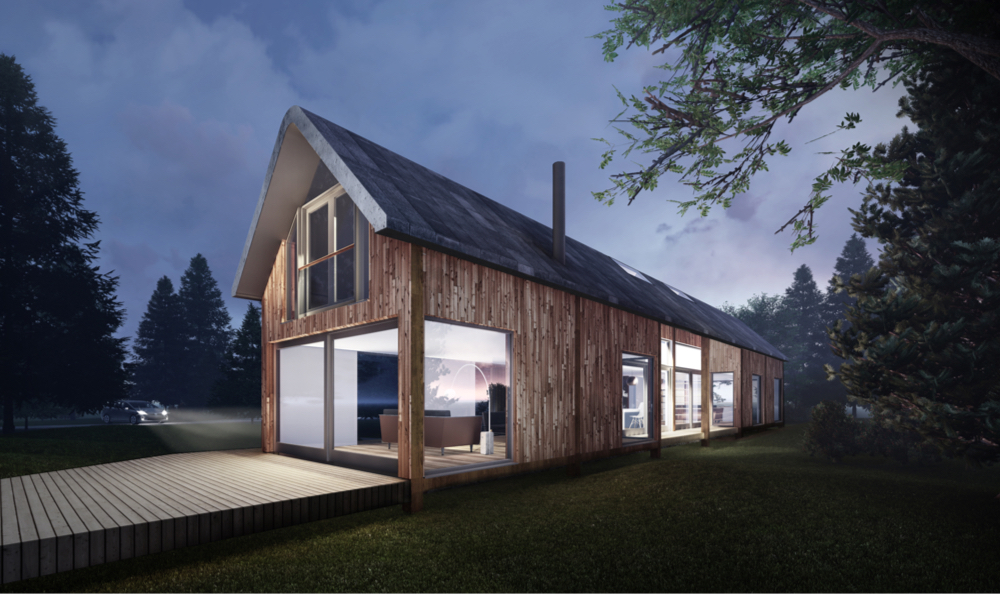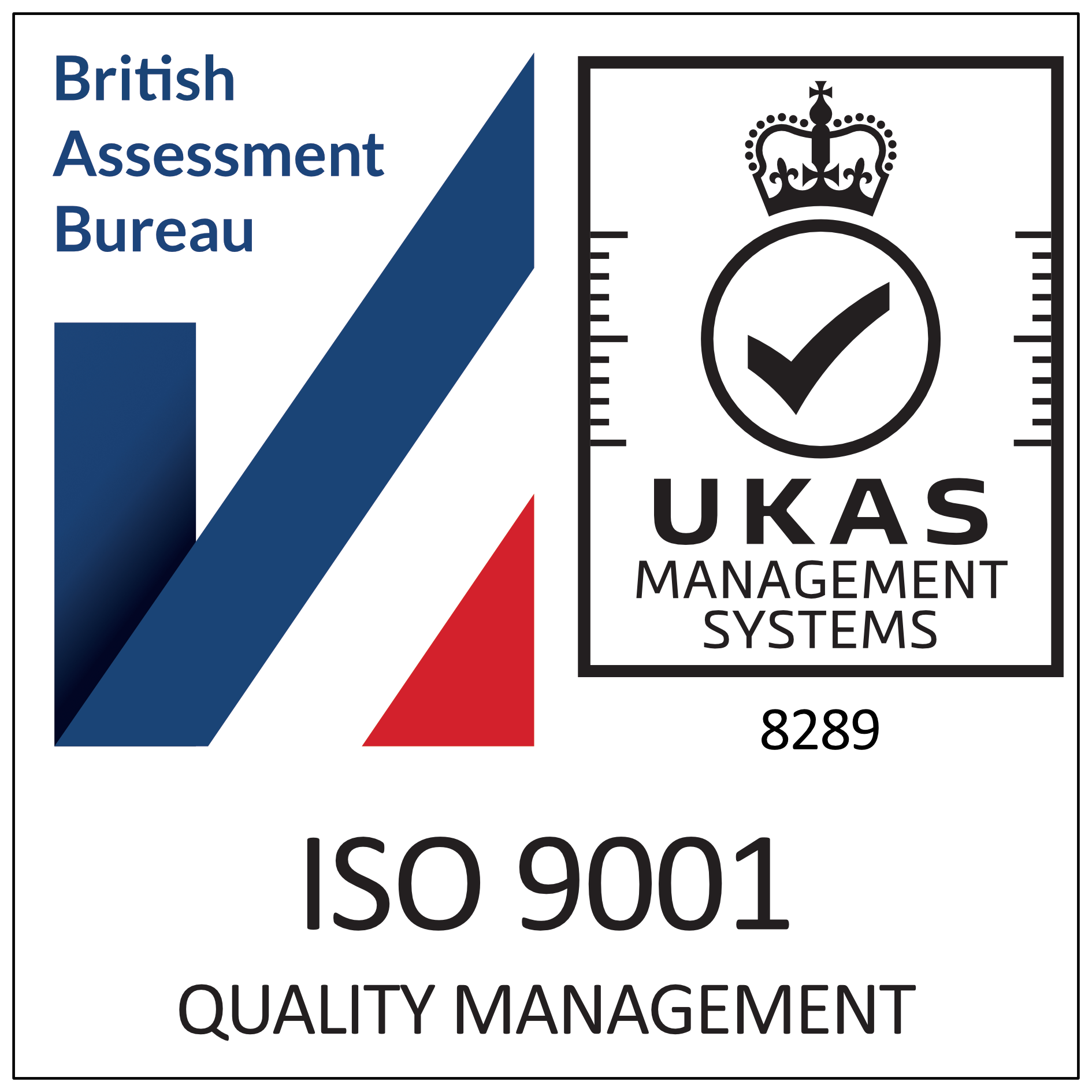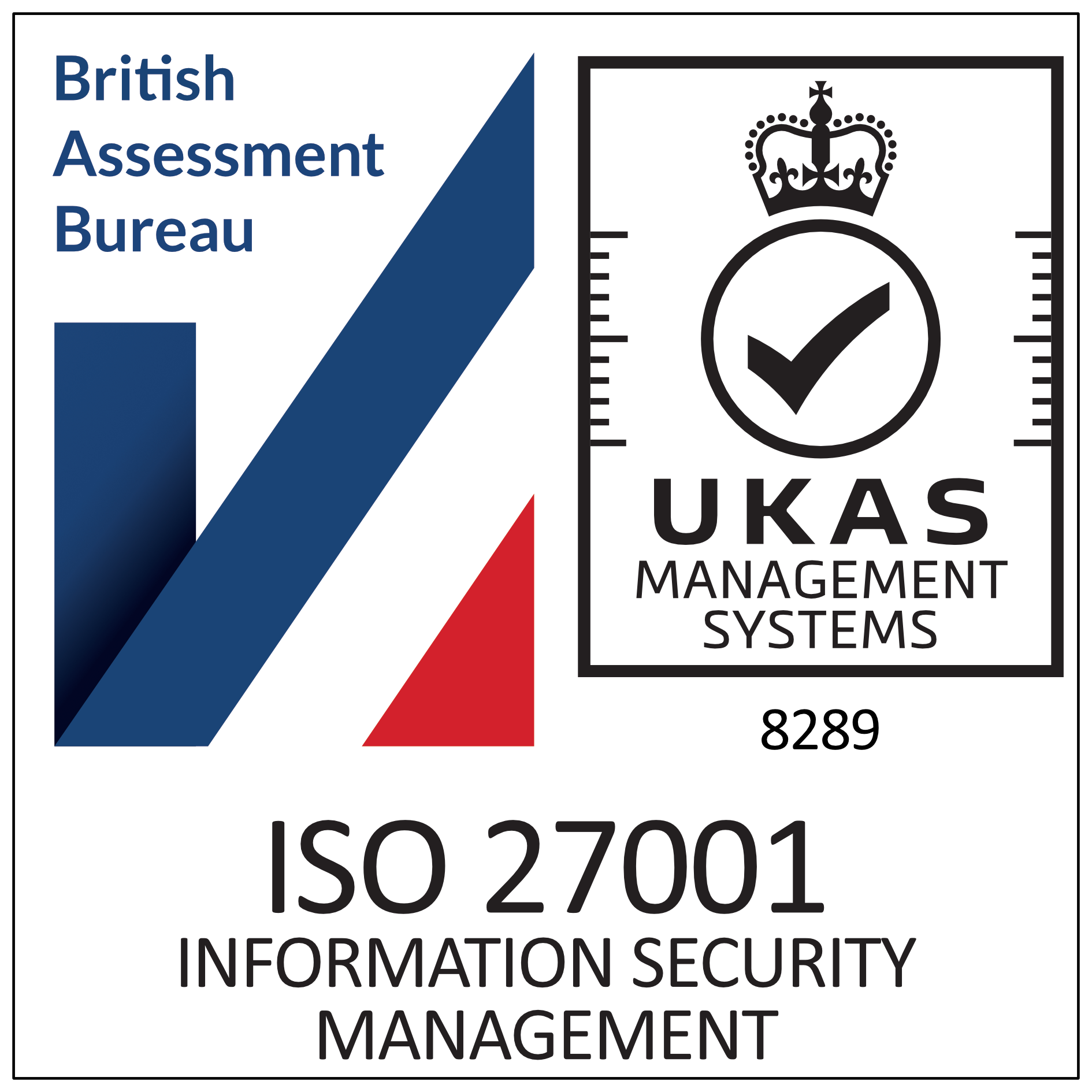Veatriki
DesignerAfter working as a freelance designer whilst living in Greece, last summer Veatriki joined the GI design team. Our project for William Green Architects suited her bold, fresh new style perfectly, so it was incredibly exciting to see the work unfold. Below she walks us through the process of creating the visual identity, and how this was rolled out across the design of the website and collateral.
The Client
William Green Architects - Branding and Website Design.
Key brand characteristics: Passion for design. Love for natural Light. Simplicity, purity with attention to detail. Exciting, yet clean in function. Notably remembered but timeless.

Sketch then sketch again
With any creative project, it’s important to sketch everywhere and everything, always using pen and paper to start with. For example, I make drawings in sketchbooks, on napkins, receipts – anything! Here we started by experimenting with the shape of the W and the G, then changing the point of view, adding the third dimension, and flirting with optical illusion.

The Symbols
Eventually, key concepts precipitated out of solution and we were left with these fundamental shapes which build the WGA logo. Visualising the W and the G for William Green can also be seen as a part of a house. It integrates with the shape of a floorplan which was one of the initial ideas. The isometric perspective of a cube creates the third dimension, transforming it into a building. The shading makes the light appear, but also creates a feeling of an optical illusion; an impossible, Escheresque shape.

"Nothing too bold"
Exploring colour was next. The brief mentioned “We love black and white. We are open to a bit of colour but nothing too bold”. After creating such a powerful visual identity, there was a conflict with the bold, brutalist approach of the logo and this sentiment. This was further impacted by the eternal struggle for companies to “stand out” from the white noise of their competition, whilst remaining “not too bold”. We needed a colour to stand out, to highlight the firm’s quality and passion. We went with a really bold suggestion - a highlighter green. A William-Green. As a result of our interpretation of the character of the client and not the words in the brief, the concept stuck and from the four greens above we went with the boldest.

Imperfect is Unique
The use of special colours in printed applications is always a pleasant problem. We wanted the business card to b e edge printed with our William-Green. Technically it was difficult, inefficient, and not cost effective, unless we tried something more traditional, or something handmade. All it needed was spray, clamps, and enthusiasm. We took the design team back to very first principles; the physical history of their trade to a time when printers’ fingers were blackened by their daily toil. We learnt a lot from the procedure, we may even have failed a couple of times, but we tried again, and we really enjoyed it. As for the results, the client loved the end product; for its uniqueness, for its imperfection.

Designing for Designers
When you design for designers there are some both challenging and fascinating aspects. On the one hand, they face similar challenges as we do: Constraints vs Creativity; endless design and perfectionism, as well as the balance of form and function. They recognise your techniques and strengths. You are naked and armed at the same time. You know each other on a fundamental level. With a non-designer client some aspects are much easier: you will of course design to make them happy. And when you present your ideas, they chose their favourite. On the other hand, the designer-client wants to see YOU happy. To make sure that they get the best from you. They want to see you satisfied with the end result because they know how very-nearly-impossible this is. And this was exactly the case with William Green Architects. And we made it happen, together. Interestingly, fulfilling, and proudly.

Added Value
As a graphic designer in the marketing industry, apart from the communication goals, you wish the results fulfil your own personal concepts of aesthetic, naturally. And you can be sure that you succeeded when you successfully took something already beautiful and made it better. Besides, this is one of the WGA values: adding value through design.








